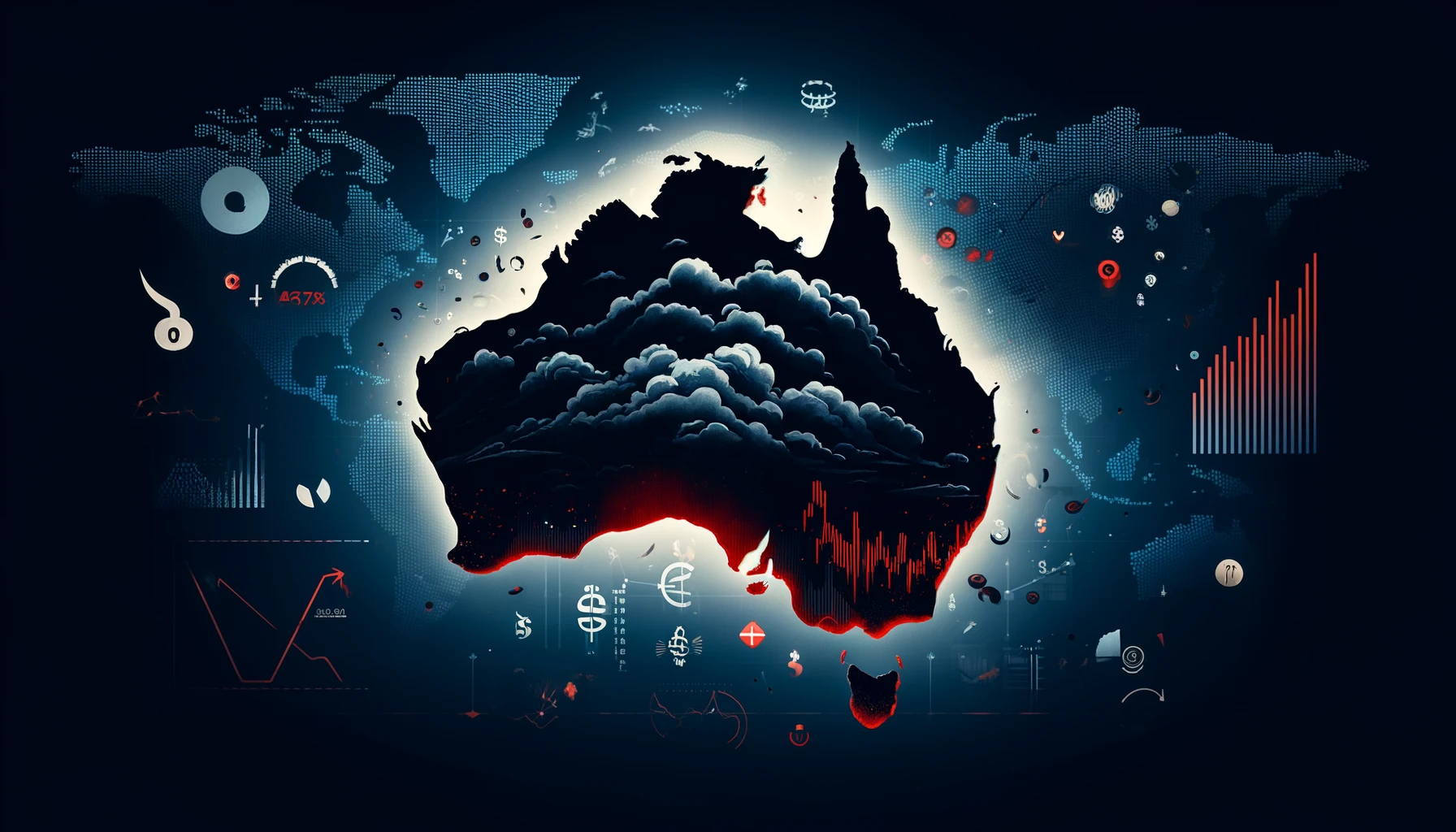According to reports, the Quest 3 VR headset from Meta was released with enhanced features and a game library. Notably, its virtual world platform, Horizon Worlds, was not mentioned, indicating a transition away from the metaverse.
Reports have it that the new headset has many new features, including displays with a higher resolution and an optical profile that is 40% thinner. The new console will launch in the fall of 2023 for $499 and include over 500 game titles. However, there is no mention of Horizon Worlds, Meta’s virtual world, or the reason why the company changed its name from Facebook in late 2021.
Meta goes all in on the VR headset
The entire promotional YouTube video and website announcement makes no mention of Horizon Worlds. Is this out of the ordinary? Probably not. Earlier this year, the tech behemoth announced a 10,000-person staff reduction, amounting to 13% of its workforce.
The “Update on Meta’s Year of Efficiency” included a slew of empty platitudes and retroactive excuses for the layoffs, with subheadings like ‘Flatter is faster’ and ‘Leaner is better.’ However, the message was clear: the corporation was abandoning its Metaverse-side initiative.
In April of this year, Reality Labs, the company’s virtual world division, posted an operating loss of $3.99 billion. In lieu of virtual realms, the social entity has a new favorite technological trend: Zuckerberg has stated that AI will touch each and every one of our products.
However, the online reaction to the announcement of the new Quest 3 appears to be mainly positive. Commenters are focusing on how it may be improved as a VR Headset for gaming. Not as a portal into Meta’s exclusive online realm.
Metaverse enters its coldest winter ever
It’s not shocking that the entity and Zuckerberg have abandoned the virtual world segment. According to Google Trends, interest in the virtual world has dropped by 91% since its peak in January 2022.

Interest is nearly as low as it was before Facebook’s rebranding as Meta. At the time, the rebranding sparked interest in the technology and provided a significant boost for virtual world tokes.
In the crypto world, interest in virtual world tokens is also on the decline. MANA, the Decentraland token, has dropped 20% in the last 90 days and 9.7% in the last 30. SAND, The Sandbox virtual world’s token, is down 13% and 1% during the same time periods.
Similarly, Virtual world land on platforms such as Otherdeeds, The Sandbox, Decentraland, Somnium, and Voxels has had a 90% value depreciation in the last year, according to a CoinGecko analysis.
Another factor contributing to the decline is the current state of technology. While significant advancements have been made in virtual reality (VR) and augmented reality (AR), there are still limitations that hinder the full realization of the Metaverse. Challenges such as hardware constraints, high costs, and limited accessibility prevent widespread adoption and sustained interest.
Despite the immersive experiences offered by the virtual world , it cannot replicate the tangible and authentic aspects of the physical world. The sensation of touch, the smell of fresh air, and the genuine human connection cannot be replicated in a virtual environment. This limitation diminishes the appeal of the Metaverse for many individuals seeking genuine experiences.





